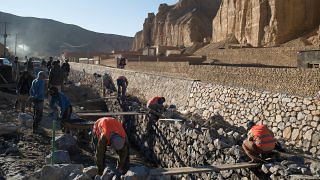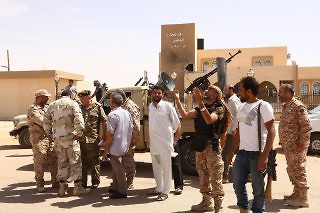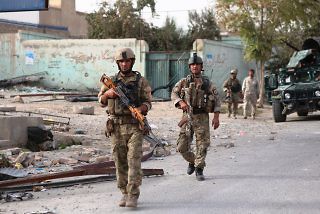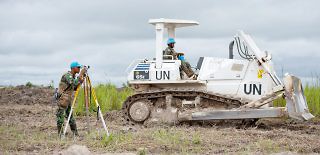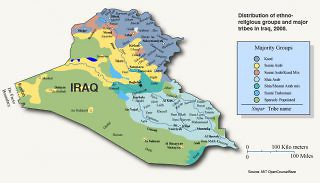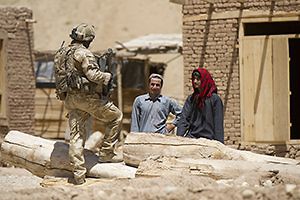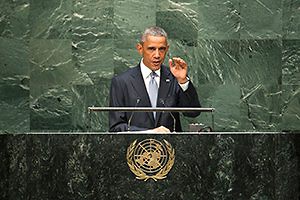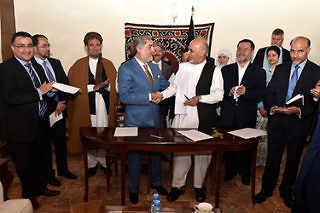The repetition by US Defense Secretary James Mattis during his recent visit to Islamabad that Pakistan should “redouble” its efforts against Islamist militants has further strained an already tumultuous relationship. These recent public statements mask the broader disarray in US foreign policy and the flaws in the new approach to Afghanistan and South Asia unveiled earlier this year.
Tag: fragile states
-
-
If the arms deal does not proceed, there is a strong possibility that the US and other Western powers may seek to transfer arms to Libya unilaterally.
-
The new Taliban front in the north is a disaster for the “national unity government” in Kabul, which reached its first year anniversary the week that Kunduz fell.
-
The developing world is rapidly diverging into two groups—states robust enough to maintain order and promote development, and states too fragile to do either. Yet, none of the SDGs take into account this growing divide.
-
Charles Call, associate professor at the School of International Service at American University, explains how the concept of failed states is “paternalistic” and “over-aggregates” problems.
-
The concept of stabilization is gaining traction within the UN system, but there is still a considerable lack of clarity about what it is, what it is intended to achieve, and when it begins or ends.
-
In ethnically heterogeneous countries, the provision of territorial autonomy on an ethnic basis–known as ethnofederalism–would seem a logical long-term solution, but it is one that continues to generate skepticism.
-
A new report on human security looks at how the concept can help governments and citizens partner in order to better protect local communities.
-
To be truly successful, the US-led coalition against ISIS will have to address some of the deep-seated causes of the group’s rise.
-
After a peaceful handover of power, the question is whether the new Afghan unity government can survive the fractious conditions of its birth.
